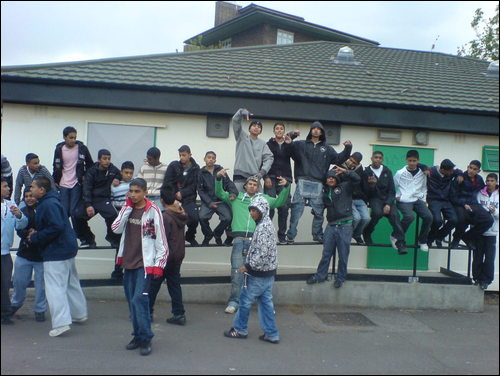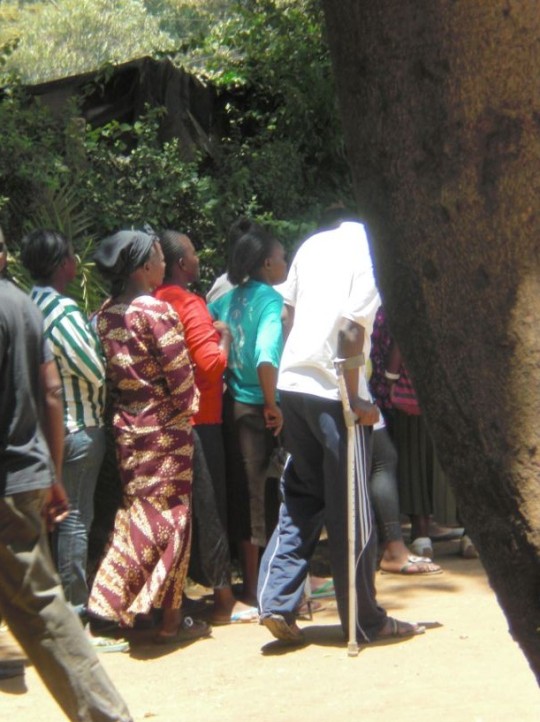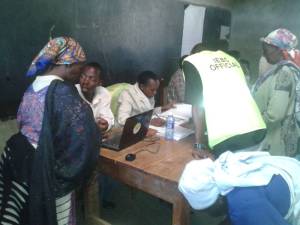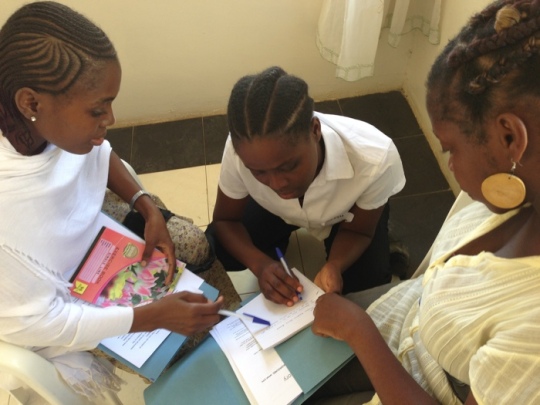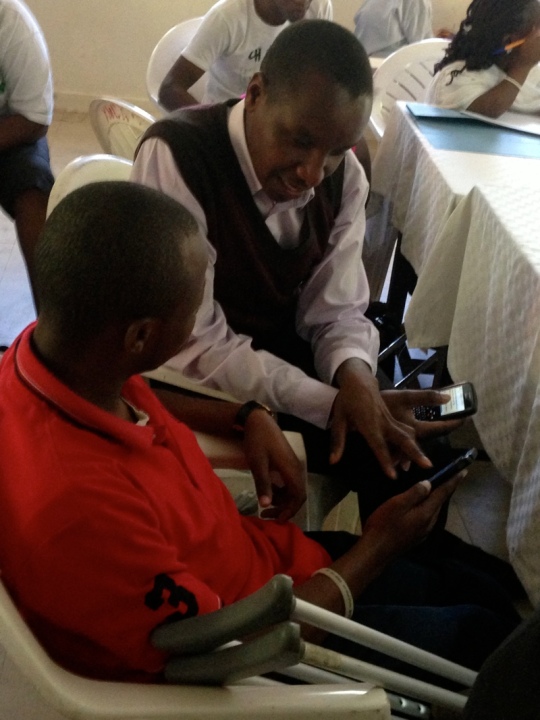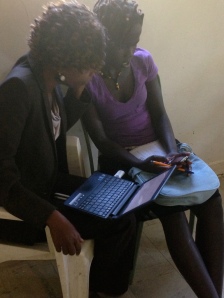Hot on the heels of a vibrant pre-election reporter programme in Kenya, Radar launched its India network in March.
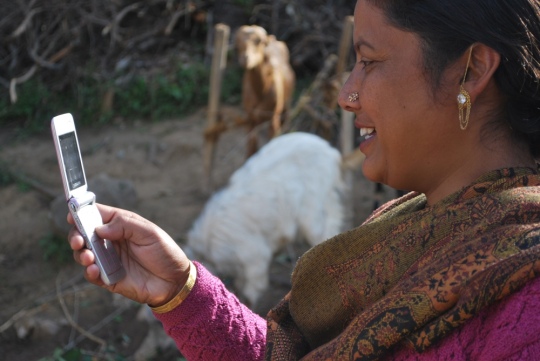
A newly-trained member of Radar’s Indian network of citizen journalists sends a report from her village farm in the rural Himalayan foothills
In partnership with the Guardian, Radar held a series of citizen reporter workshops for people from some of the most under-represented communities in Indian society. Despite growing online connectivity, a large percentage of the rural and urban poor are still excluded in the media, so much of the country’s most critical news remains unreported and unheard.
From the slums of New Delhi to villages along the Himalayan foothills, Radar’s trainees included Dalit women, rural farming communities, youth with disabilities and the urban poor. Immediately following the training workshops, their news and views were shared with global experts attending the Guardian’s Activate Summit in Delhi on March 21, via Radar’s live reporting feed.
Though India is set to have the biggest internet market in the world, with a predicted 600 million online users by 2020, only two per cent of rural India currently has access to the web. By contrast, about 50 per cent of rural households have access to a mobile phone. As in Sierra Leone and Kenya, Radar harnesses this simple technology and trains people to report using whatever they have in their pockets, from old Nokias to the latest smart phones.
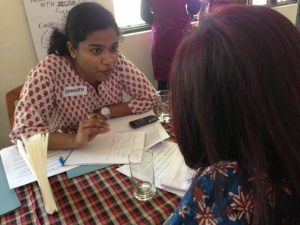
Hannah Johns, representing the National Campaign on Dalit Human Rights, learns the art of micro-reporting.
National Campaign on Dalit Human Rights
National Campaign on Dalit Human Rights (NCDHR)
Activate!
Recognising the huge potential for good that increased connectivity and technological advancement could bring to India, the Guardian hosted its Activate Summit – ‘changing the world through technology’ – in New Delhi for the first time. During the summit Radar ran a live SMS feed on digital access from across the reporter networks which was projected into the Google-run Big Tent.
During the summit, five of the Delhi-based citizen reporters had the chance to pitch a story idea to a panel of Guardian and national Indian editors. In a Dragon’s Den style, each editor was encouraged to ‘invest’ their interest in the development of one of those stories, in partnership with Radar. They included articles on industrial environmental damage, acid attacks on Dalit women, child labour, the experiences of third gendered children and education rights for blind students. All the pitched stories are currently being considered by leading media outlets.
To follow news from the India network please visit our Tumblr blog.

